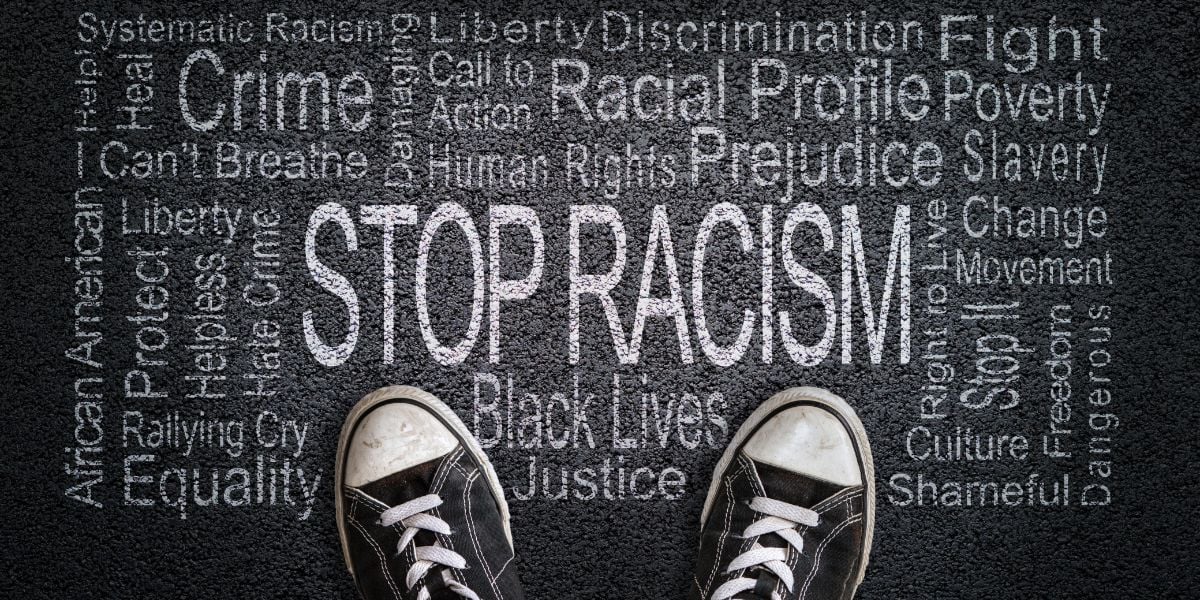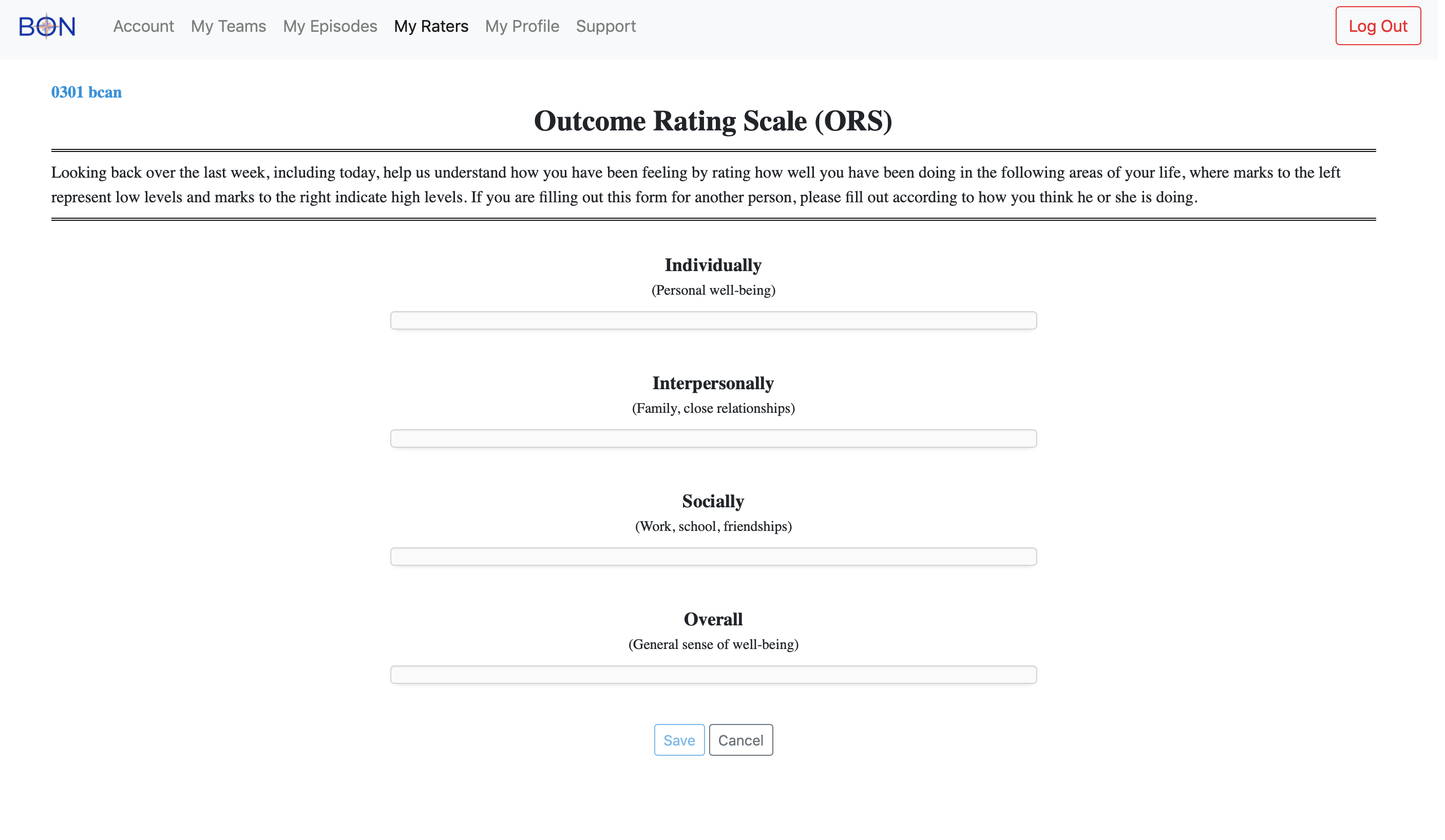Psychotherapy Struggles with Social Justice

Although there have been great strides regarding diversity, inclusion, and multicultural competence, the psychotherapy field seems stuck regarding taking the next step in implementing social justice in therapeutic services. Beyond ensuring representative diversity and educating dominant culture practitioners about white privilege and other inherent biases, not much has been proposed about the nuts and bolts or systematically addressing social justice with this client with this therapist.
I bet you didn’t think of the Partners for Change Outcome Management System (PCOMS) as a way to take the next step, but it is and has always been. While all routine outcome monitoring (ROM) systems support a social justice paradigm via ongoing self-examination of effectiveness specifically related to cultural competence with under-represented populations, PCOMS takes this notion much further.
Despite well-intentioned efforts, the infrastructure of psychotherapy and measurement can reify noncontextualized descriptions of client problems and ultimately silence client views, goals, and preferences. PCOMS represents a departure from expert-driven formulations that attempt to classify client distress and problems of living from a theoretical or symptom vantage point, the main culprits of ethnocentric and cultural biases.

Unlike other validated outcome measures, the Outcome. Rating Scale (ORS) is not a list of symptoms or problems checked by clients on a Likert scale; it is not forced-choice or symptom-oriented. Rather, it is an instrument that is individualized with each client to represent his or her idiosyncratic experience and reasons for service.
The visual analog continua and lack of specific content questions allow a broad range of flexibility for clients to communicate their unique experiences. They, not a diagnostic, symptomatic, or theoretical lens, provide the starting point for the conversation that unfolds the client’s unique story, views, and preferences.
The items on the ORS help to contextualize a client’s presenting problem beyond diagnostic categories, running counter to practices that pathologize clients of color and other historically marginalized groups at higher rates. Putting client reasons for service in context can also promote consciousness-raising for both client and therapist, helping to identify forms of oppression and marginalization that may contribute to distress.
Social justice has been a part of PCOMS since the beginning. The original PCOMS manual (Duncan & Sparks, 2002), now in its fourth edition (Duncan & Sparks, 2019), was entitled, “Heroic Clients, Heroic Agencies: Partners for Change.” Of course, “partners for change” became the Partners for Change Outcome Management System. The tagline on this original PCOMS manual was “A manual for…effective, accountable, and just services.”
Routinely requesting, documenting, and responding to client feedback has the potential to transform power relations by privileging client beliefs and goals over potentially culturally biased and insensitive practices. Thus, PCOMS promotes the values of social justice by privileging consumer voice over manuals and theories enabling idiosyncratic and culturally responsive practice with a diverse clientele. PCOMS provides a mechanism for routine attention to multiculturalism and consumer involvement.
